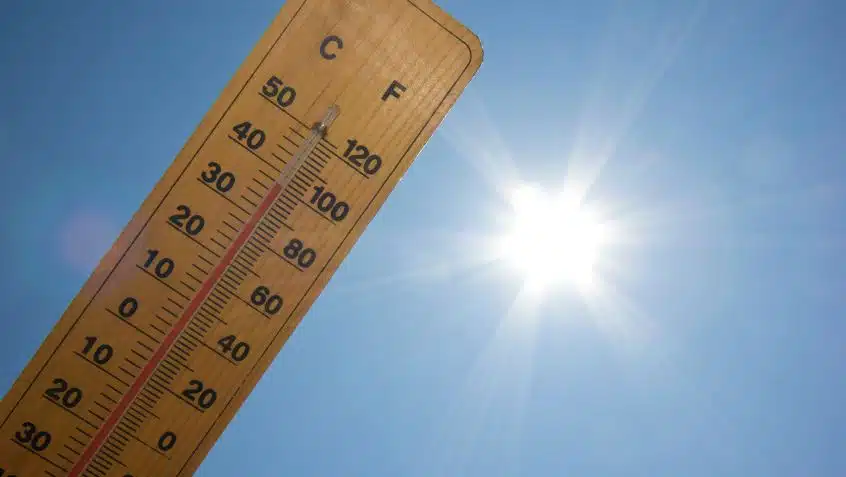As Summer Advances, Heat Puts Some Older Adults and People with Disabilities at Risk

Heat can be hazardous, leading to more deaths than any other weather-related phenomenon. While some parts of the U.S. are warm year-round, the summer months bring particular and more widespread heat hazards. According to Heat.gov, a federal clearinghouse for information on extreme heat, 41,490,714 Americans are under heat alerts today, June 15, 2023.
The Biden-Harris Administration launched Heat.gov in 2022 to provide information on extreme heat, including who is most at risk, ways to prepare, and other tools and resources. The site identifies older adults as one of the groups most at risk as the heat index rises because of the prevalence of health conditions and their use of prescription drugs that can exacerbate heat-related problems.
Further, older adults and people with disabilities who rely on electricity for life-sustaining devices may be especially imperiled when the power grid is overburdened. People with mobility issues or other concerns about leaving their homes may also be in danger of heat-related injury. The site notes outdoor workers, children, pregnant people, first responders, athletes, and pets are also at increased risk due to rising heat.
The Center for Disease Control (CDC) offers tips for those facing extreme heat, including avoiding use of the stove or oven, staying hydrated, and taking cool showers. People should stay in air conditioning when possible, and the CDC advises those who do not have air conditioning to contact their local health department or search for an air-conditioned shelter in their area.
The Substance Abuse and Mental Health Services Administration (SAMHSA) released a fact sheet outlining the importance of heat health awareness among people with mental health conditions and substance use disorders, as well as steps they, their caregivers, and providers can take to prepare and respond. Risk in these populations can be due to psychotropic medications or alcohol and other substances and because heat-disrupted sleep can exacerbate underlying conditions. SAMHSA also notes that housing insecurity and low incomes are both more common for those with mental health conditions and substance use disorder and correlated with little or no access to air conditioning or other methods of cooling.
Medicare Rights urges all to be heat aware this summer. We will continue to advocate for policies that reduce disparities and improve health care access.
The Latest
Most Read
Trump Administration and Elon Musk’s DOGE Closing Social Security Offices, Harming Access to Services
Threats to the Social Security Administration and to Benefits Continue to Raise Alarm
New Resources Show House Budget Would Slash Medicaid, Despite Voters’ Support of Program
Federal Government Funding Decisions Loom
Add Medicare to Your Inbox
Sign up to receive Medicare news, policy developments, and other useful updates from the Medicare Rights.
View this profile on InstagramMedicare Rights Center (@medicarerights) • Instagram photos and videos









